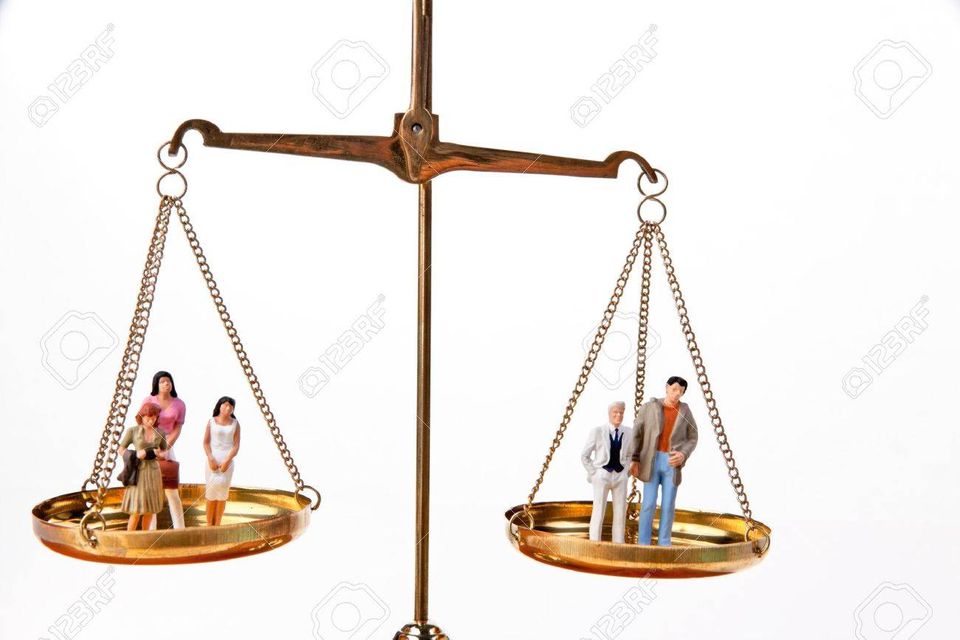Blog Post
Tenants- Understanding The Role of Your Property Manager
Renee Worthen • May 14, 2020
Playing the Middle Man- The Property Manager

It is far too easy to think of the landlord or property manager as the “Bad” guy. In fact they are simply a contracted professional who for a fee manages the day to day operations of rental property on behalf of an investor (who is their client). They are the go between for the tenant’s needs (who is a customer) and upholding the responsibilities of the lease and the investor’s need for their income property to be profitable and maintain the value of their investment over time. Most property management companies do not own the property which the tenant resides.
In short, the property manager has a business relationship with you and a contractual agreement with the owner. This may make it hard to be “perfectly aligned” with what you want as a customer and what the owner’s goals are as a client. However, this does not mean that the property manager’s intention is to treat you any less than the owner, there are just a different set of responsibilities to each party. Property managers do not want to have an antagonistic relationship with tenants, quite the opposite- they want to have the open and honest relationship with tenants.
The best way to understand your landlord/property manager is to read the lease agreement.
That may sound way too obvious, but it is true. Property managers make decisions based on what is in the lease. They are bound to those agreements just as you are bound to the agreement.
The lease agreement is the tool used to set out all the “rules” of the relationship between Property manager and the tenant. It clearly defines who is to do what and when. It is a working agreement that sets the stage for each player before move in. Much like reading and understanding the rules of a game, the lease agreement is the final word. It is not intended to be altered or changed during the “game” or term of the lease.
Here are 2 of the most common items that can cause tension between Property managers and tenants.
1. Late payments: Every lease agreements should contain a section of when and how the rent is to be paid each month. It will also detail the charges and process if the rent is not paid on time or in full.
* Property managers are expected to collect rent and pay bills on behalf of the owner then disburse any proceeds to the owner by an agreed upon date. When rent is delayed it causes accounting issues delaying the payment of the owner’s bills. Many owners rely on rent income to rent to pay each month. When delayed- that are now late-with late fees.
In short: Late payments have a domino effect to all people involved. Property managers should never waive late fees due, it can cause harm the owner. The property manager is contractually obligated to “protect” the owner.
2. Maintenance: Who is responsible for what and how much? This section should also be clearly defined in the lease agreement. Each agreement is unique, find out what you are responsible for and what the owner is responsible for.
*Unreported maintenance issues can be small items if left unattended to can become larger more costly repair. Most agreements state that if you fail to report a maintenance item, the entire cost of maintenance will become yours. It is always a good idea to make sure you report maintenance right away and ALWAYS do it in writing.
In short: Not reporting a small leak under the kitchen sink because you may have a service fee leads to an entire cabinet and drywall repair and possible mold issue no becomes a very large bill that you are now 100% liable for. Smart tenants always report maintenance issues.
I have been a professional property manager for over 23 years. It is sometimes hard to “adhere” to the lease agreement, even for me. There are times when I want to waive a late fee- I have had hard times too. Times when I think it shouldn’t matter if a person has 1 dog or 2. At the end of the day I know firsthand that the lease agreement must be the “rules” that everyone follows, especially me! I am the professional; I must always abide by the agreement- even when I disagree with its terms. This is the agreement we made before “playing” the game, I too must use it as my rule book.

